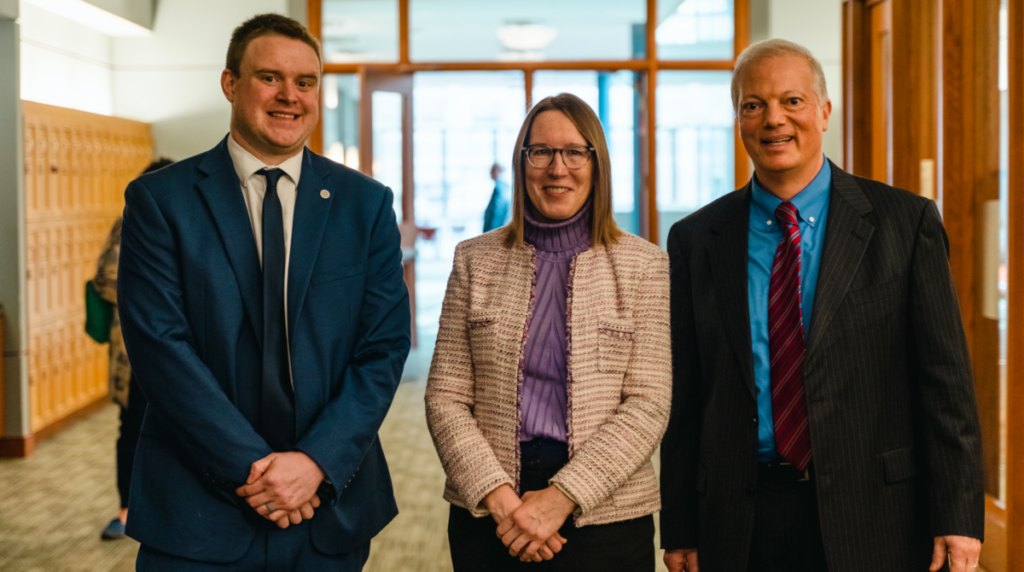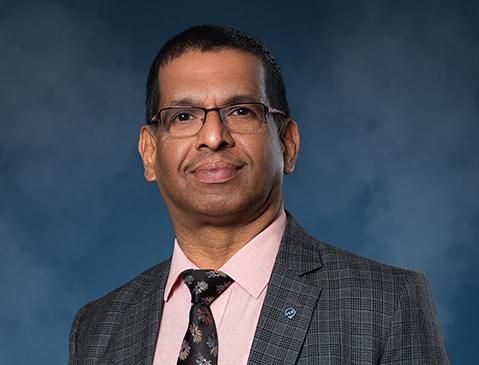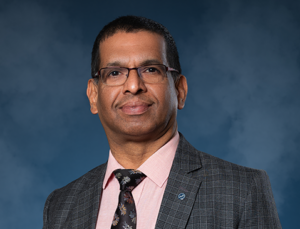The blockchain industry is set to benefit from a new collaboration between the University of Notre and Web3 startup Crescite, which according to a statement from the company will involve joint research projects, prototyping and blockchain competitions.
From a report in Yahoo News, the blockchain market size was valued at $12.3 billion in 2023 and its market is expected to grow more than 57% annually until 2030.
Crescite is a Tennessee-based company that leverages emerging technologies to address challenges involving faith-based initiatives and ESG projects. The University of Notre Dame, based in Indiana, is one of the world’s leading private research universities.
The partnership will involve a collaboration between the university and Crescite on how to best leverage technology to support those in need.
“There are 1.2 billion Catholics worldwide within the wider 2.3 billion strong Christian community. For Crescite, working with Catholics and Christians to foster faith-based projects that deliver positive social impact will be core to achieving our goals. We hope that many more organizations like the University of Notre Dame will join our community to leverage the benefits of Web 3.0 technology for the greater good,” said Eddie Cullen, CEO of Crescite.

Jarek Nabrzyski, founding director of the University of Notre Dame’s Center for Research Computing (CRC) and Blockchain Research Lab in the CRC, said, “We are pleased to come together with Crescite to help realize the potential that Web 3.0 offers faith-based and values-driven organizations.”
Nabrzyski, a concurrent professor in Notre Dame’s Department of Computer Science and Engineering, added, “Through this agreement, Notre Dame researchers will play a key role in developing, testing, and refining the next generation of Blockchain technologies. There is a lack of proven digital tools for building sustainable, inclusive growth. Through this new collaboration, our students and researchers will be able to apply their technical expertise to be a greater force for good.”
“Technology can be used to solve problems, and we see ourselves at the intersection of technology, faith, and social impact,” said Karl P. Kilb III, Chairman of Crescite, who was earlier the as the first General Counsel of Bloomberg LP.
“We are using aspects of Web 3.0 and new models to address a wide range of issues, including MC5 identity verification, access to capital, and payment security, creating financial inclusion, transparency, and greater efficiencies throughout the process.”










